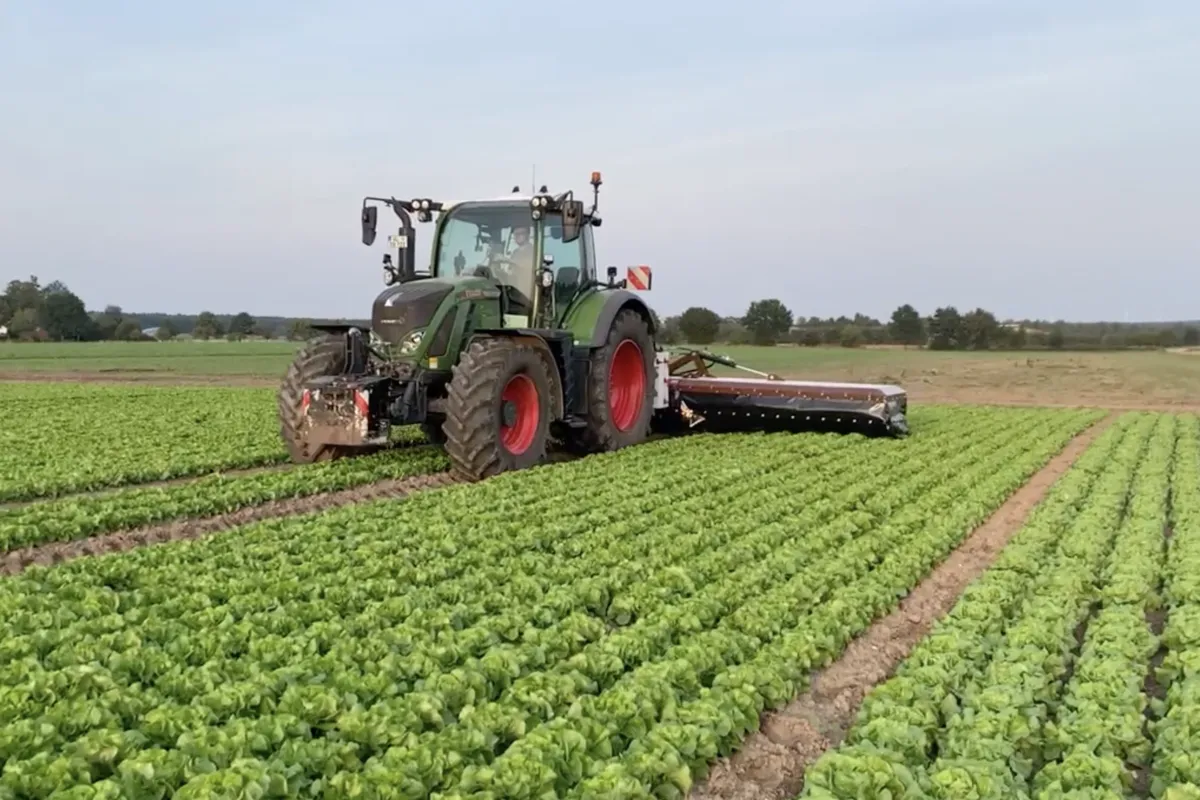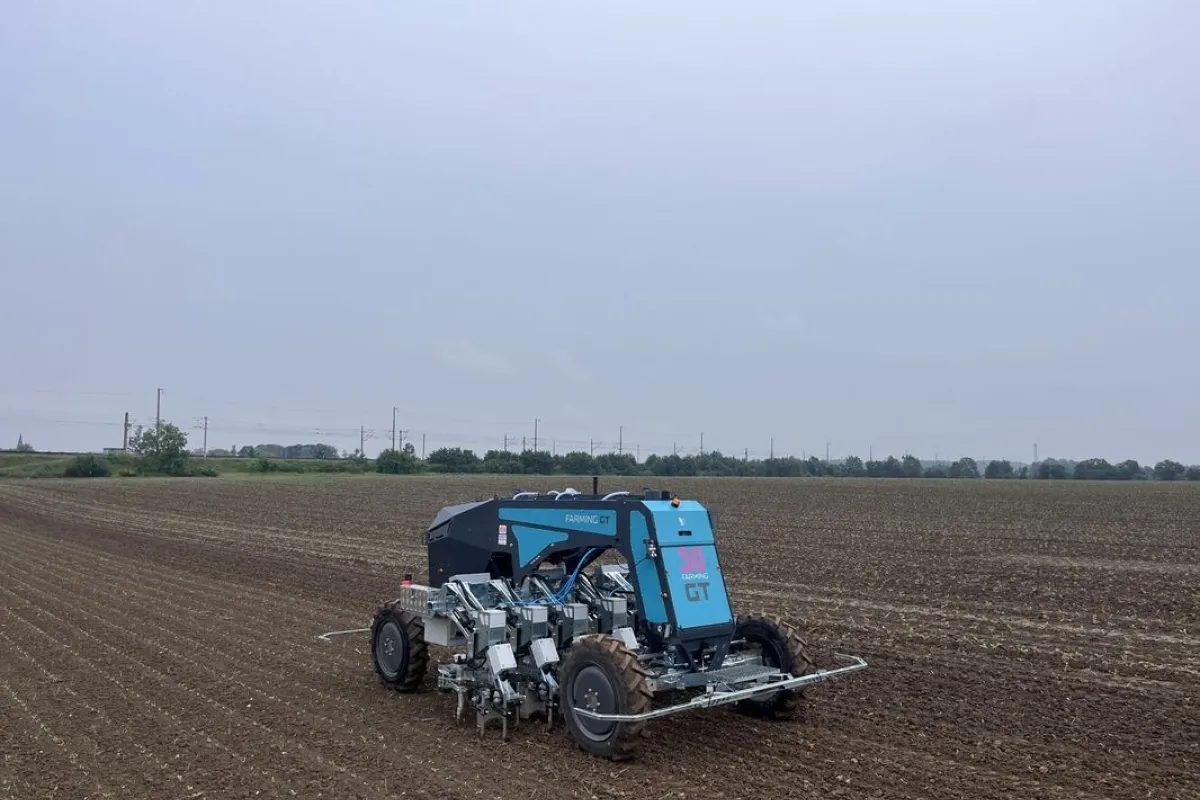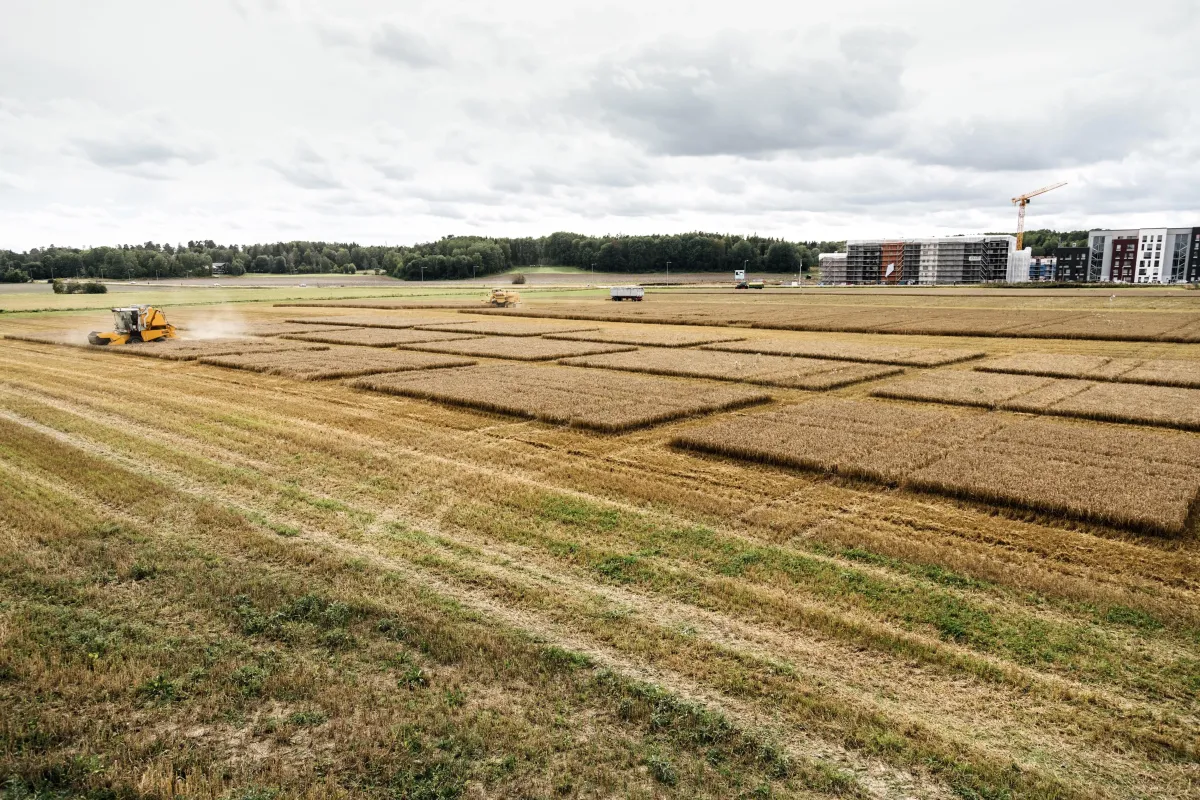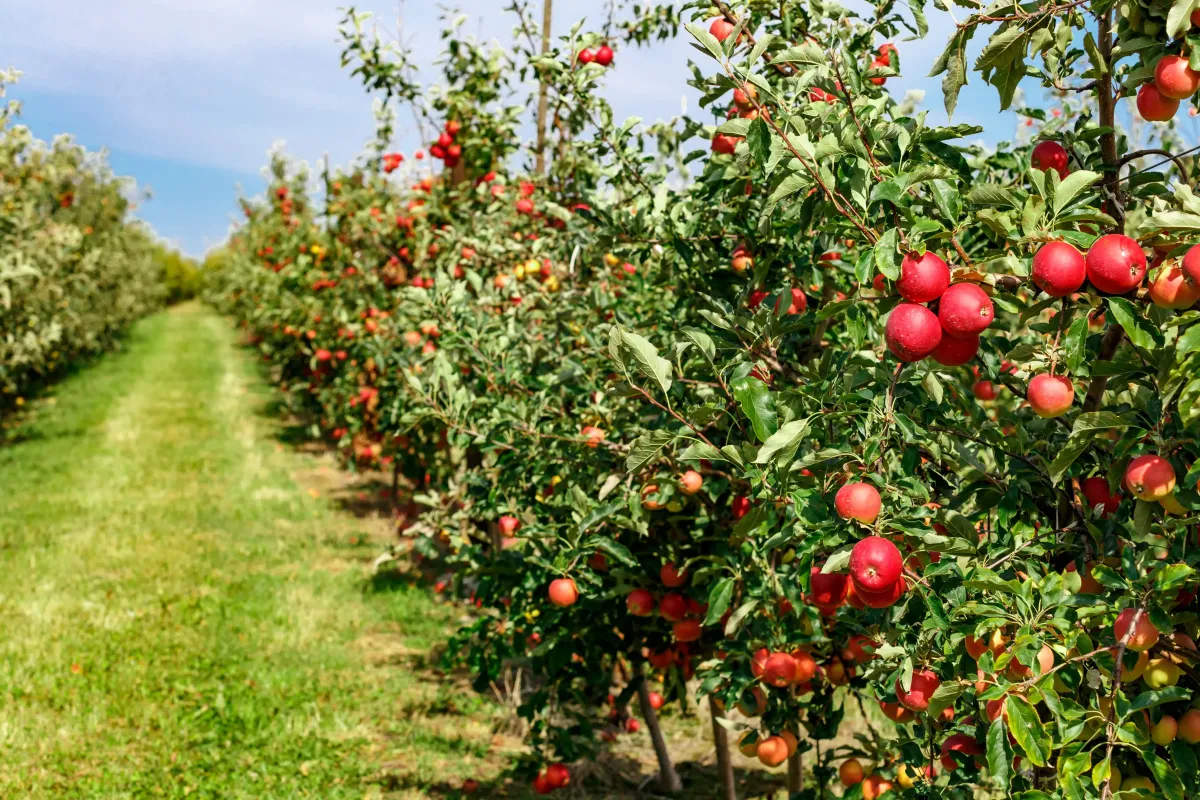
Overview
By having your AI system tested by the LNE, you ensure it meets the highest standards of safety and performance, boosting your product’s reliability and trustworthiness in the market. Partnering with the LNE for rigorous testing of your AI technologies gives you a competitive edge, as their certification enhances credibility and opens doors to new market opportunities both locally and globally. LNE's AI performance evaluation service uses comprehensive testing datasets to assess the accuracy, robustness, and efficiency of your AI systems by comparing the outputs of the system with a dataset of reference values. By testing real-world scenarios, LNE ensures that your AI models meet industry standards and regulatory requirements, helping you improve performance, reliability, and market readiness. LNE utilises a diverse range of carefully curated datasets that simulate various operating conditions and environments in which the AI may be deployed. These datasets allow for in-depth testing of the system’s ability to process information, make decisions, and produce accurate outputs. The service covers a broad spectrum of AI applications, from machine learning models and deep learning algorithms to computer vision systems, natural language processing (NLP), and autonomous robotics. The evaluation process examines key performance metrics such as accuracy, precision, recall, response time and scalability. It also identifies any potential biases in the system, ensuring that the AI behaves fairly and ethically across different user groups or environmental variables.
More about the service
Here’s how:
Accurate AI performance assessment: Agricultural robots rely heavily on AI for tasks like crop detection, disease identification, or autonomous navigation. LNE's AI performance evaluation using test datasets allows companies to precisely measure how well their AI models perform in real-world agricultural scenarios, improving decision-making and overall system effectiveness.
Improved model accuracy and efficiency: by testing with diverse datasets, agricultural robotics companies can identify potential weaknesses or biases in their AI algorithms, ensuring more accurate detection, prediction, and classification. This leads to better outcomes in tasks like yield estimation, precision weeding, and pest management.
Safety and reliability: Performance evaluations help ensure that AI systems in agricultural robots can handle complex environments with precision and consistency. This is crucial for ensuring the safety and reliability of robots when operating alongside humans, animals, and delicate crops.
Market differentiation and compliance: With LNE's independent and standardised AI performance evaluations, companies can prove the reliability and robustness of their AI systems to customers, stakeholders, and regulatory bodies.
This enhances credibility and opens doors to new markets, especially where compliance with safety and performance standards is critical. By leveraging this service, agricultural robotics and AI companies can improve the transparency, trust and market readiness of their AI systems, ultimately offering more efficient and trustworthy solutions to their clients.



